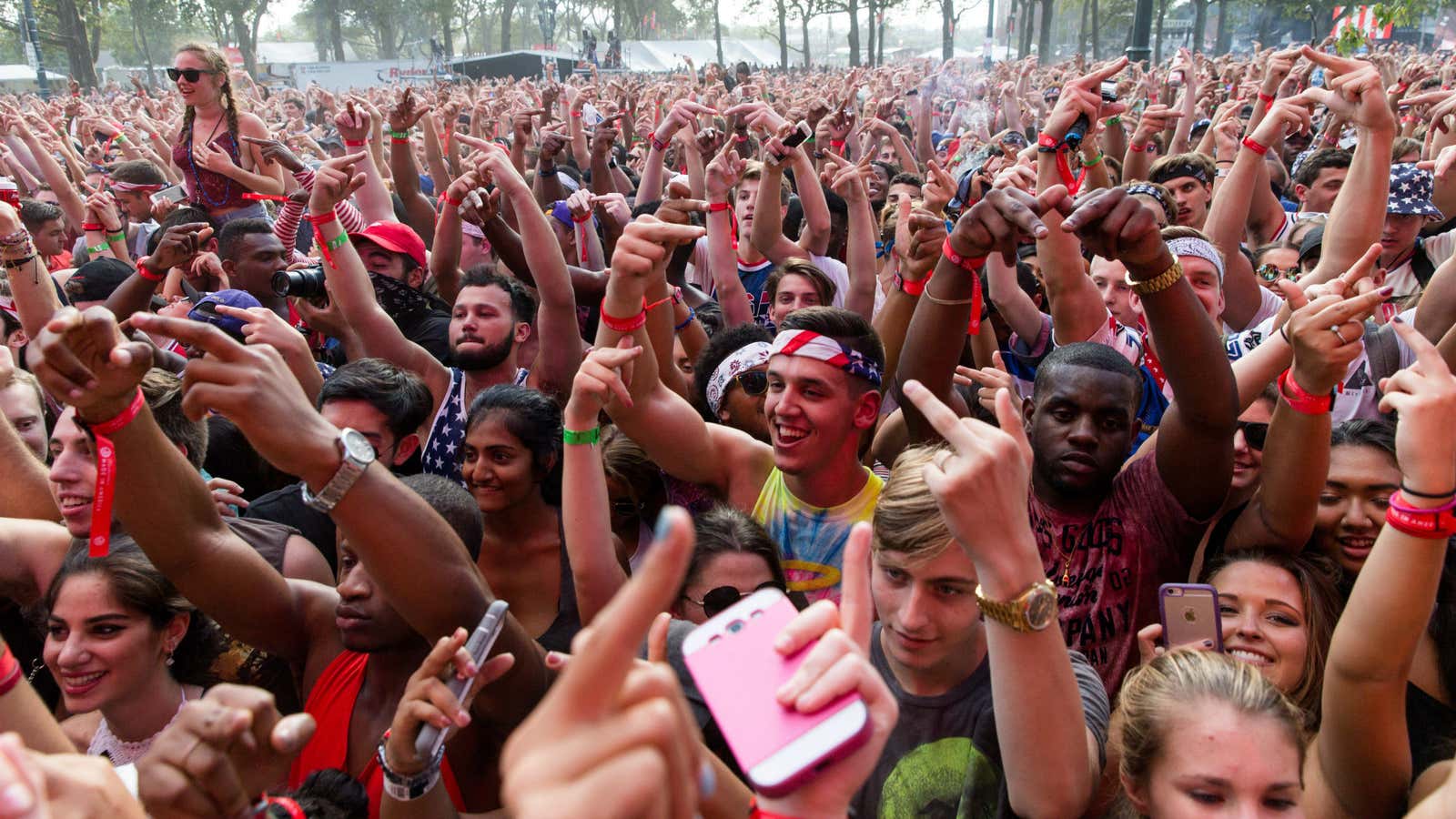Few first-world problems are more galling than trying to get something done on a customer service helpline. All the waiting, followed by poor “service,” can send callers into paroxysms of rage. More often than not, we express that anger in one of the only ways we know how: swearing.
An analysis of millions of chats with customer-service professionals provides some insight into the places where people’s frustrations are laced with the most invective. LivePerson provides live chat and messaging technology for companies to run their customer service operations, and says it provides services to 18,000 businesses including Adobe, HSBC, Citibank, and The Home Depot. It used sentiment analysis to parse transcripts of 35 million chats that took place in May 2017, counting up words the company categorized as either “curse” or “polite.”
Virginia turned out to be the state where callers had the saltiest language, with almost 7% of conversations featuring swearing of some sort. Hawaii had the least curse-heavy conversations:
“Cursing” in LivePerson’s methodology involved searching for the following words: fuck, shit, damn, bastard, bitch, cunt, cock, ass, douche, wank, dick, twat, piss, suck, darn, dang, gosh, hell, balls, butt, fiddlesticks, dagnabbit, you stink, stupid, idiot, jeez, golly, jeepers, goodness, shoot, drat, bs, freakin, flippin, fn, eff, fudge, wtef, crud, heck, shut up, bloody hell, christ, crikey, witch, mofo, poop, arse, and sheesh.
The company breaks out the swearing into “hard” and “soft” curses, noting that men were more likely to use hard words—especially those related to body parts—while women were more likely to use softer curses like poop and gosh.
But there’s another side the the story, namely the people on the receiving end of this ire. Human customer-service reps giving way to chatbots is increasingly common, and perhaps encourages looser language, either because people are frustrated by the machines or because they feel more free to be rude to robots.
For the long-suffering customer-service professional, there is some hope: In some of the most sweary states, people also mixed in polite words like thanks, kindly, and appreciate. The most polite state, in terms of pleasant words weighed against curses, was Idaho. The least polite was Hawaii, even though it used relatively few curses—turns out Hawaiians also used fewer kind words in chats with customer-service reps.
LivePerson also broke down the data by industry. When both cursing and politeness were taken into account, customer-care teams in pharmaceuticals took the friendliest calls. Surprisingly, the worst combination of lots of swearing and a lack of politeness was reserved for charities.
